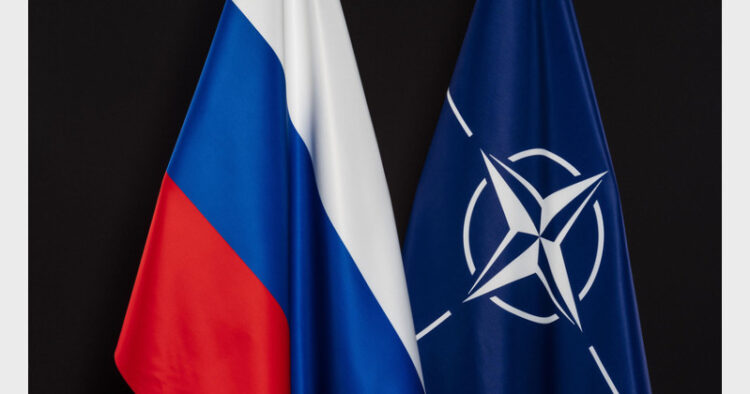NATO was initially part of an effort by the US and its European allies to deter any expansion of the then USSR. But it steadily expanded its orbit, bringing a swathe of central and eastern European states into its ranks, which troubled Moscow.
New Delhi: The biggest challenge for Joe Biden is the legacy he has to handle in foreign policy.
If George Bush, Bill Clinton, Barack Obama and Donald Trump left Afghanistan on the table, the NATO problem too started around 1998-1999 during the early years of the Clinton Presidency, and NATO expansion was viewed in negative terms.
The North Atlantic Treaty Organization (NATO) was founded in 1949 after World War II. The alliance was initially part of an effort by the US and its European allies to deter any expansion of the then-Soviet Union (USSR). But NATO steadily expanded its orbit, bringing a swathe of central and eastern European states into its ranks.
Of course, this enlargement has troubled Moscow, which is wary of the Brussels-headquartered alliance edging ever closer to its borders. In 1999, the enlargement of NATO' eastward in Europe' provoked intense controversy in Russia, Europe and within the United States.
Strobe Talbott faced a bruising Senate hearing, and he was accused of being 'soft' on Russia. Subsequently, Talbott became one of the most articulate advocates of NATO' enlargement'.
The main argument in support of the enlargement of NATO was that given its 'resources', Russia would yet again pursue the historical ambitions and threaten Central and Eastern Europe.
Incidentally, and not surprisingly, George Kennan, noted American diplomat and historian, had also lamented American move and said NATO expansion was "the most fateful error of American policy in the entire post-Cold War era".
Most Russian specialists among Americans outside the Clinton administration were against the enlargement policy.
Senator Sam Nunn even had suggested that the expansion move would create the very threat the United States was "trying to guard against".
The NATO expansion ultimately strengthened Russia's resolve and gave Putin a boost to play macho man. The move united all political factions in Russia because it was unnecessarily provocative. Now, many say what has happened vis-à-vis Russian assertiveness is not surprising.
In terms of expansion, the newest member state has been North Macedonia, which joined in 2020. Three so-called partner countries – Ukraine, Bosnia and Herzegovina and Georgia – have declared their
aspirations to become part of the alliance, which says its purpose is "to guarantee the freedom and security of its members through political and military means".
Putin has said it is now time for NATO's waves of expansion to be reversed and for the alliance to guarantee that Ukraine is never allowed to become a member.
There is a widespread feeling in Russia that their country has been deliberately cornered and marginalised on issues that strongly relate to the Slavic identity.













Comments